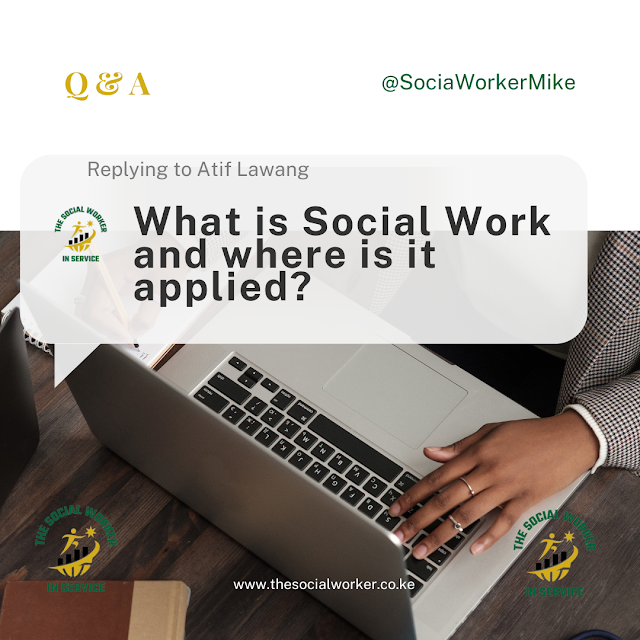Social work is a profession guided by a strong set of core values and ethical principles. These values serve as the foundation for social workers' professional conduct and decision-making, ensuring they uphold the highest standards of practice and serve their clients with integrity and compassion. Here are the six core values:
- Service: Social workers are dedicated to helping individuals, families, and communities in need. They prioritize the well-being of others above personal gain and strive to empower them to improve their lives.
- Social Justice: Social workers actively challenge social injustices and advocate for equal opportunities and fair treatment for all. They work to dismantle systemic barriers and promote policies that benefit marginalized groups.
- Dignity and Worth of the Person: Social workers treat every individual with respect and value, regardless of their background, circumstances, or beliefs. They recognize the inherent worth and potential of each person and strive to uphold their human rights.
- Importance of Human Relationships: Social workers understand the power of positive relationships in promoting individual and community well-being. They build trusting and collaborative relationships with clients, colleagues, and stakeholders to achieve shared goals.
- Integrity: Social workers uphold the highest ethical standards in their professional conduct. They are honest, transparent, and accountable for their actions, and they strive to maintain public trust in the profession.
- Competence: Social workers continuously develop their knowledge, skills, and expertise to provide effective services to their clients. They stay informed about current best practices and ethical guidelines and seek supervision when needed.
These core values are further translated into ethical principles, which provide specific guidance for social workers in their practice. Some key ethical principles include:
- Self-determination: Respecting clients' right to make their own choices, even if you disagree with them.
- Confidentiality: Protecting clients' privacy and keeping their information confidential.
- Competence: Providing services only within your area of expertise and seeking consultation when needed.
- Cultural competence: Understanding and respecting clients' cultural backgrounds and values.
- Dual relationships: Avoiding conflicts of interest and maintaining professional boundaries with clients.
- Veracity: Being truthful and honest in your interactions with clients, colleagues, and the public.
Importance of Ethical Considerations in Social Work Practice
Ethical considerations are crucial in social work practice for several reasons:
- Protection of clients: Ethical practice ensures that clients are treated with respect, dignity, and fairness, and that their rights are protected.
- Maintaining public trust: Ethical behavior builds trust between social workers and the public, which is essential for the profession's legitimacy and effectiveness.
- Promoting social justice: Ethical practice upholds social justice principles and helps to create a more just and equitable society.
- Personal and professional well-being: Adhering to ethical principles protects social workers from legal and disciplinary action and contributes to their personal and professional well-being.
By understanding and applying core values and ethical principles, social workers can ensure that their practice is not only effective but also ethical and promotes the well-being of individuals, families, and communities.









